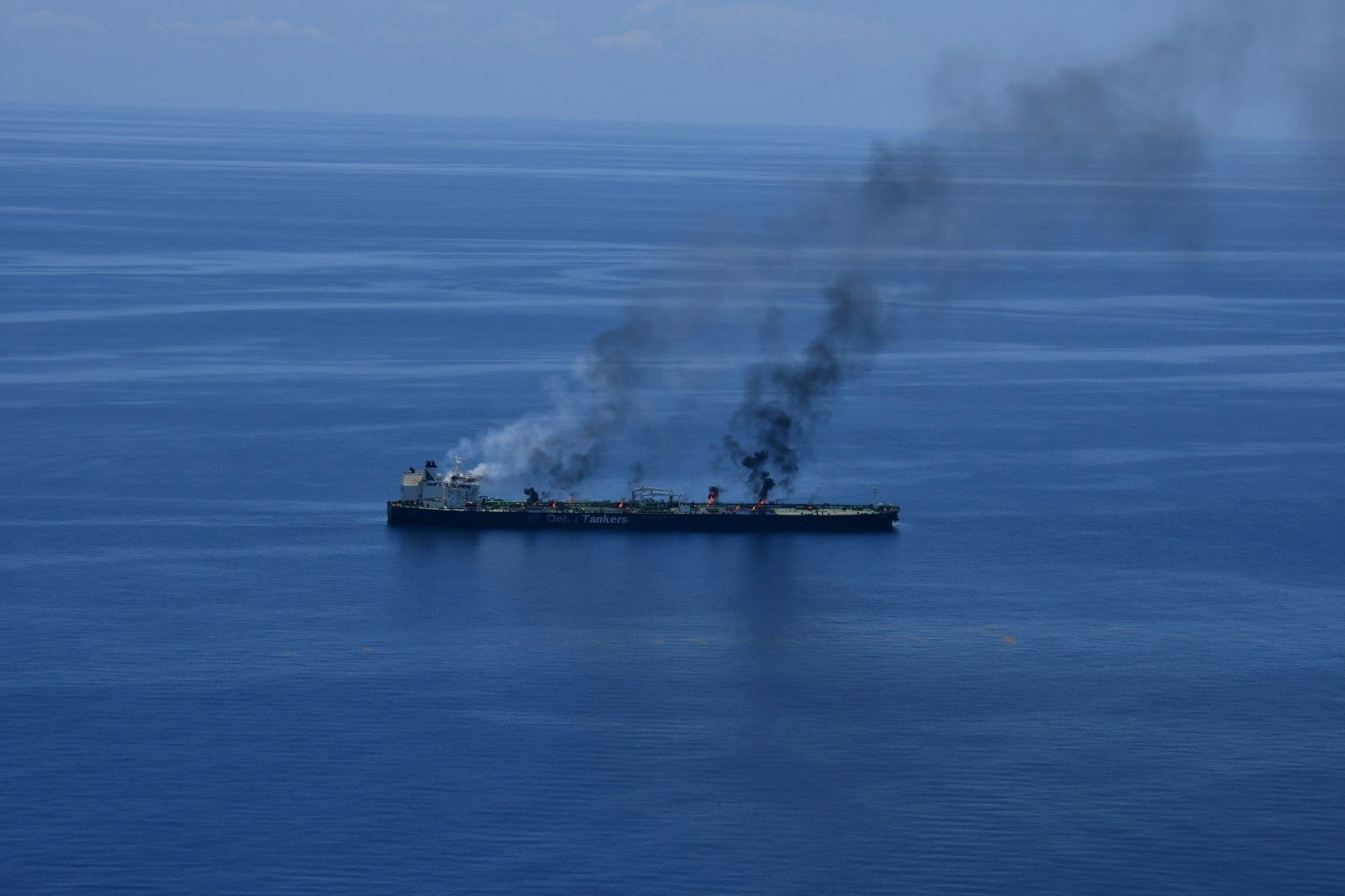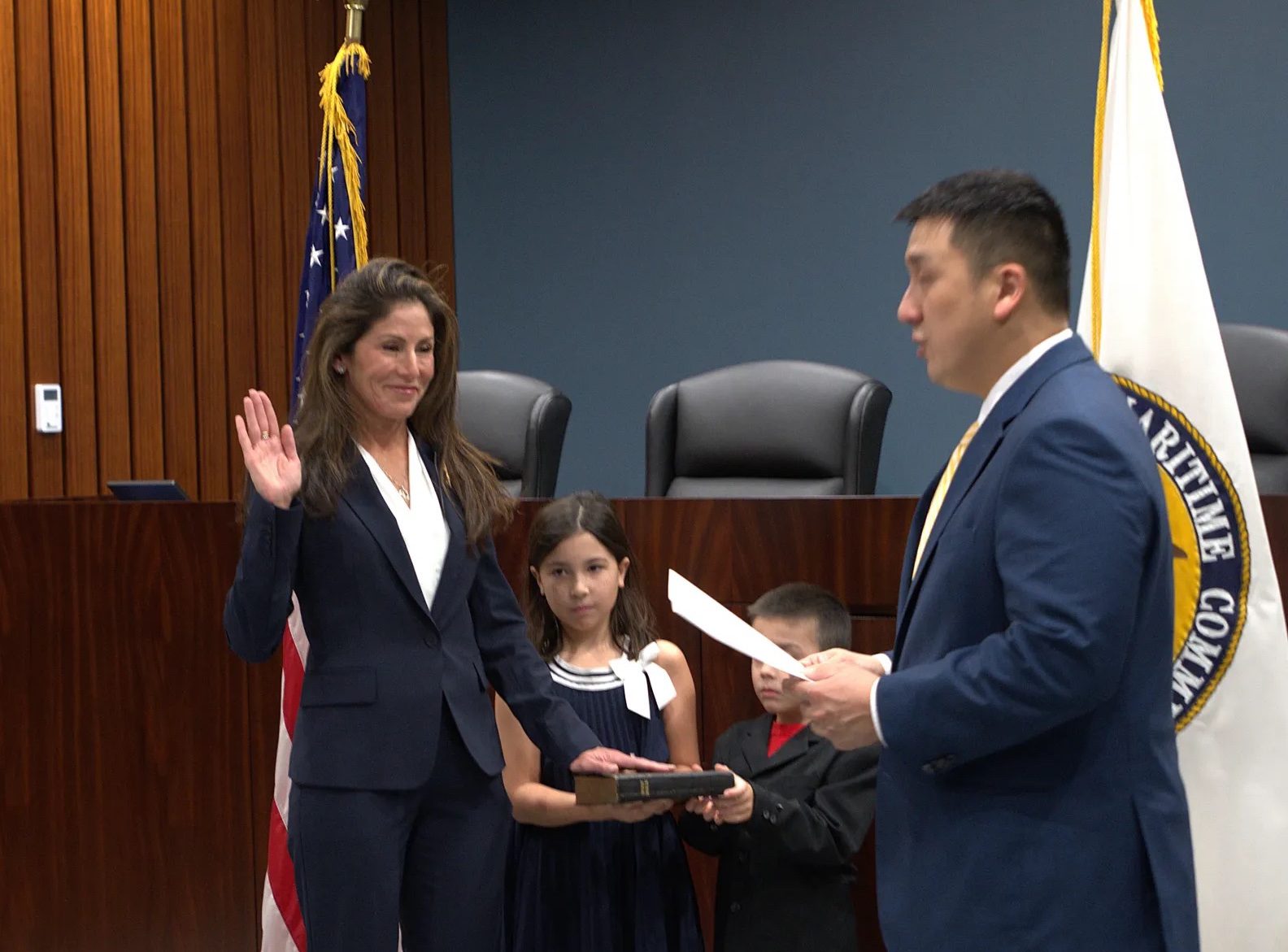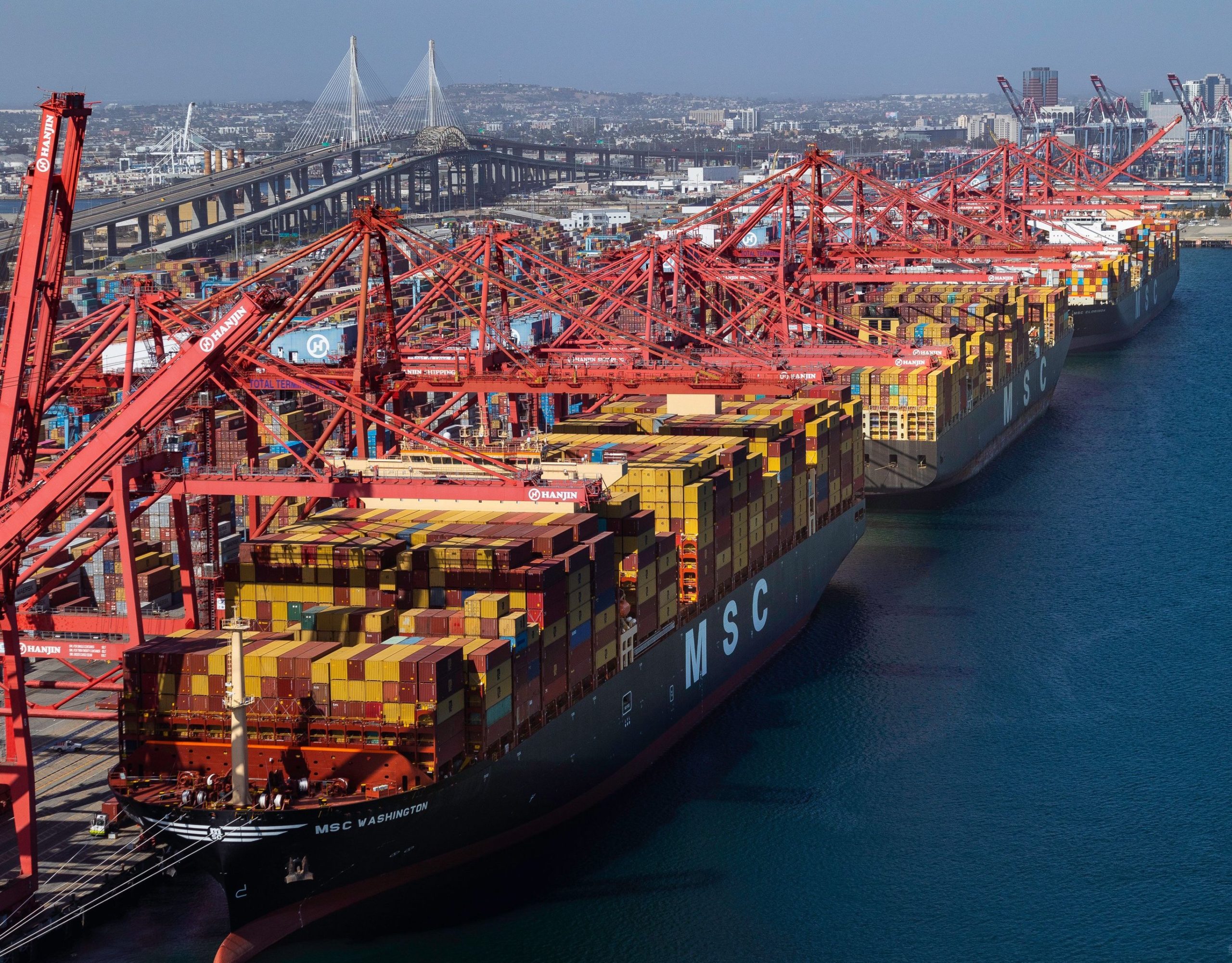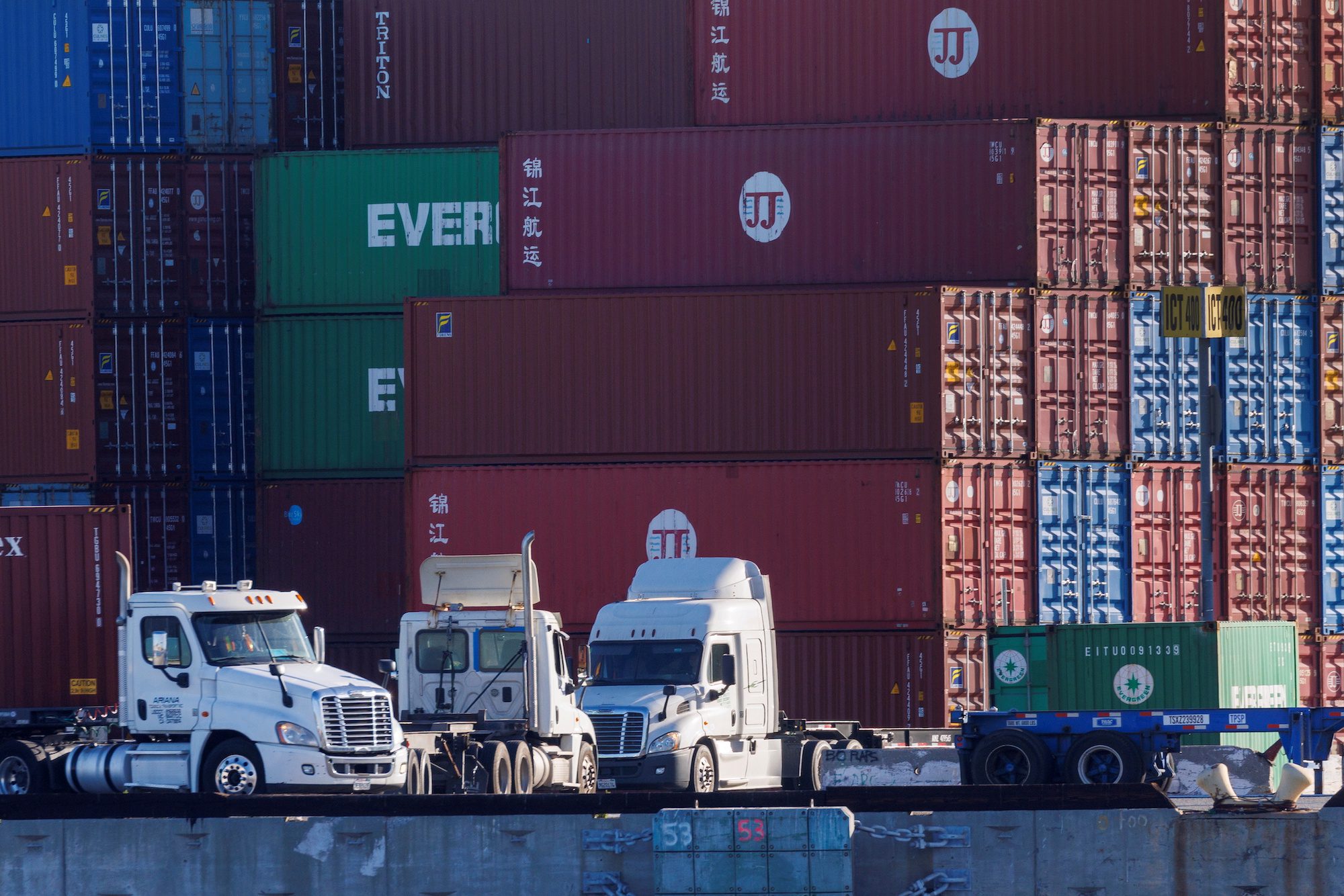The U.S. Federal Maritime Commission (FMC) has initiated a comprehensive investigation into seven critical maritime chokepoints that are significantly impacting global shipping.
The investigation, designated as FMC-2025-0005, will examine transit constraints at key waterways including the English Channel, Malacca Strait, Northern Sea Passage, Singapore Strait, Panama Canal, Strait of Gibraltar, and the Suez Canal.
“The Commission will investigate whether constraints in global maritime chokepoints have created unfavorable shipping conditions caused by the laws, regulations or practices of foreign governments or the practices of foreign-flag vessel owners or operators,” according to FMC Secretary David Eng.
Recent events have highlighted the urgency of this investigation. The Suez Canal, which handles 10-12% of global trade, faces ongoing challenges from geopolitical tensions, including conflicts involving the Houthis in the Red Sea and the Gaza Crisis. Meanwhile, the Northern Sea Passage has become a focal point of international tension, with Russia seeking control over this emerging Europe-Asia trade route.
The investigation comes at a critical time, as demonstrated by recent incidents such as the Baltimore bridge collapse, which resulted in estimated losses of up to $4 billion and significant disruption to maritime commerce.
The FMC is seeking public comment on several key issues, including the causes and effects of these constraints, the impact of foreign government regulations, and potential solutions for both short-term and long-term relief.
The FMC has a range of potential enforcement tools at its disposal as the investigation progresses. These include the authority to issue regulations affecting foreign trade shipping, deny U.S. port access to vessels from non-compliant countries, conduct investigational hearings, and gather evidence through subpoenas and depositions. The Commission can also require detailed reports and written responses from relevant parties.
However, before implementing any of these measures, the FMC will prioritize collecting information and perspectives from stakeholders. Industry stakeholders have 60 days from the publication date to submit their comments through the Federal eRulemaking Portal.
Editorial Standards · Corrections · About gCaptain

 Join The Club
Join The Club











